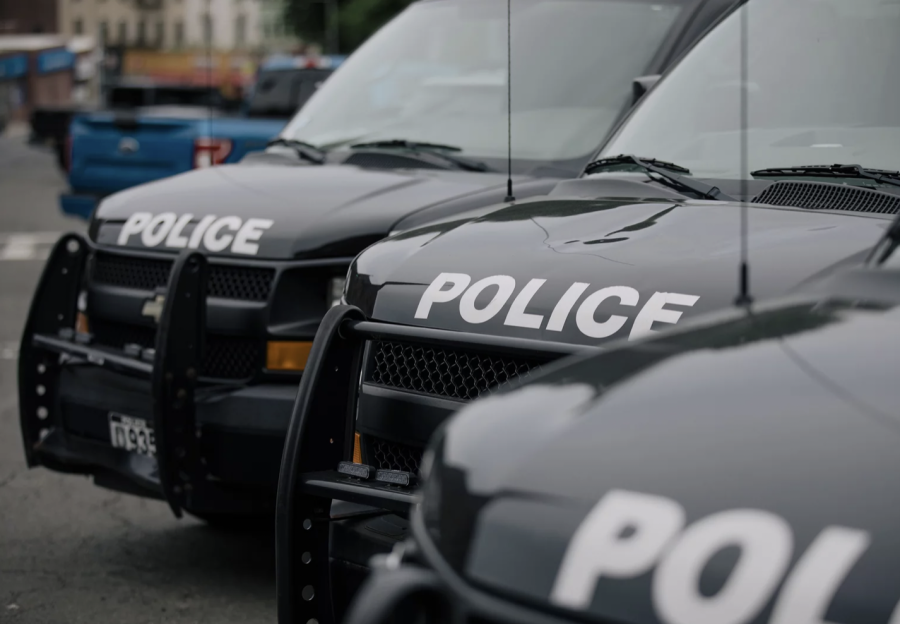Legal Aid Society unveils massive database of NYPD misconduct records
October 17, 2022
The Legal Aid Society (LAS) of New York City has unveiled a massive, comprehensive database covering New York Police Department (NYPD) officers’ counts of misconduct, allowing New Yorkers to research more than 450,000 records.
On June 12, 2020, former Gov. Andrew Cuomo repealed civil code 50-a, a section of the New York City Rights Law. Following this repeal, LAS sought transparency and accountability of the NYPD in regard to “civil rights violations.” The database, Law Enforcement Lookup (LELU), is accessible on their website and features a simple “search” feature that allows one to identify officers based on their “Tax ID.” The website describes this as “the only stable and unique identifier of police officers,” as badges, precincts and names are all subject to change. The LELU is planned to be updated as new records become available.
The LAS has led to some controversy because of its approach. Some regard LELU as a “publicity stunt” and blatant “anti-cop” rhetoric. Joe Seijo, a University adjunct instructor in criminal justice, said in regard to LELU, “While I understand the importance, particularly in this current climate, of holding police officers who commit misconduct accountable for their actions, I think we also need to take into consideration the context of these records. I imagine the majority of them would be civilian complaints against officers in which it would be difficult to prove if police misconduct existed or not. That’s why current technology like officer-worn body cameras are just as important to officers as they are to civilians regarding these types of accusations.”
The NYPD provided its own perspective on the matter by claiming their transparency is crucial to the department and providing its own information online through the Civilian Complaint Review Board (CCRB).
The CCRB allows users to access the record of the NYPD misconduct allegations. However, the database features CCRB complaints only. Allegations falling outside this jurisdiction are not included in the database. Furthermore, the CCRB is organized by command, name, rank and shield number. Like the LELU, the CCRB is updated to be current. The CCRB has 190,000 records in comparison to the LELU’s 450,000 records.
An NYPD spokesperson said on the matter, “The NYPD strongly believes in the importance of transparency which is why the NYPD already makes this discipline information… available on our website.” However, supporters of the LAS do not believe the NYPD efforts to be enough. The LELU is not biased by the NYPD’s viewpoints and provides information that is not just allotted to the CCRB.
Meanwhile, the CCRB has also not been immune to criticism, even from its supporters. State Comptroller Tom DiNapoli’s investigation found that the average length for the cases to be reviewed was an average of 591 days, or 19+ months, rising from a still excessive seven to 14 months from years prior. Though this wait was exacerbated by the COVID pandemic (which prevented in-person interviews), the bulk of delays still lies in receiving evidence from NYPD.
“For decades, prosecutors were allowed to portray police officers as untainted and unbiased witnesses, while laws were used to shield the public and the court from the truth regarding the misconduct and misdeeds of those very witnesses,” said Stan Germán, executive director of New York County Defender Services. The LELU will provide the public with what the LAS believes the NYPD will not: utter and unbiased transparency.
This transparency was negated by the public with the aforementioned civil code 50-a. This code prohibited the release of “all personnel records used to evaluate performance” of police officers without permission from the officer, their superiors or a judge. The rationale behind the law was to protect law enforcement officers who served as witnesses in trials. The law, instated in 1976, received backlash in recent years, fueled especially by the murder of Eric Garner in 2014 and with the rise of the Black Lives Matter movement. On June 10, 2020, Cuomo amended the Civil Rights Law to repeal Section 50-a, following a vote by the New York State Legislature.












